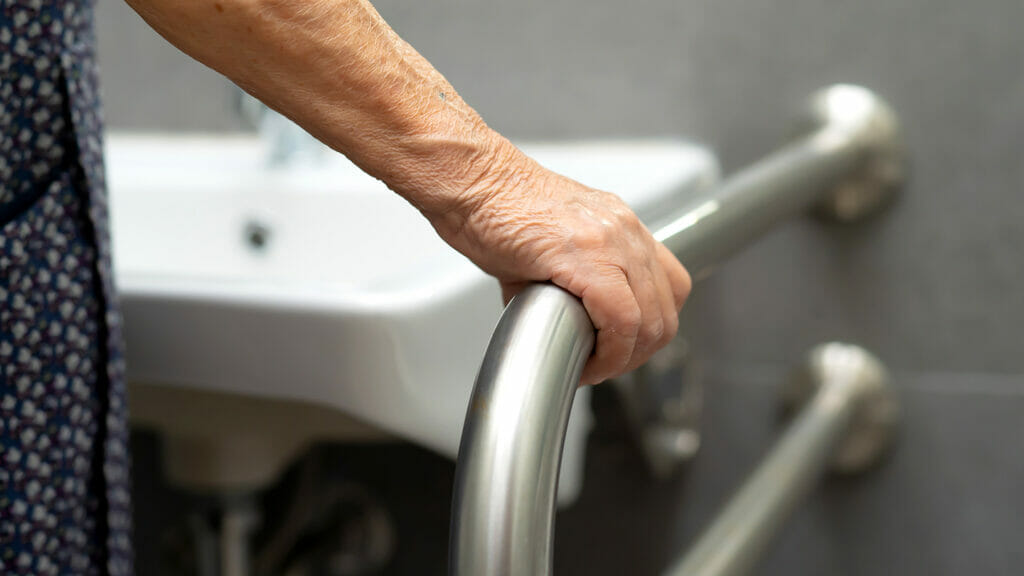
For older adults living in long-term care settings, tending to certain health concerns sometimes can become a challenge when doing so clashes with a desire to maintain a sense of privacy and dignity.
This challenge has remained an issue for those older adults who have incontinence, which could be between 50% and 90% of residents at one time or another during their stays. Overall, 43% of assisted living residents need help with toileting, according to the Centers for Disease Control and Prevention’s National Center for Health Statistics, with a range of 40% to 57% depending on the size of community.
Unfortunately, incontinence is not merely a matter of staying dry and comfortable. Many older adults who struggle with restroom-related issues are susceptible to falling and the subsequent cascade of health emergencies that follow.
But new technology solutions aim to make the process of monitoring incontinence both more effective, and more dignified, for both residents and their caregivers.
The Village at Gainesville, a SantaFe Senior Living independent living, assisted living and memory care community in central Florida, recently began a pilot study in its memory care residences to integrate one new incontinence monitoring tool into its overall digital health systems.
The community is using etectRx’s eBrief sensor system, which will offer remote, real-time monitoring via a disposable sensor that can go into incontinence products, the company announced recently.
“We are excited to collaborate with The Village at Gainesville,” Eric Buffkin, CEO of etectRx, said in a statement. “Our mutual goals for the project are to reduce residents’ incontinence-related health risks and demonstrate increased job satisfaction and productivity for the staff who care for residents day in and day out.”
Other conditions that can result from incontinence include wounds, infections and pressure ulcers, etectRx noted.
Although the senior living pilot study is a novel approach, several technology tools already are on the market that track incontinence in various ways, including products by Advosense and Smardii.
In addition to sensors that can be applied or placed in clothing, tech developers also are marketing “smart” toilets to senior living operators. Those devises offer an external validator for such issues, another way of relieving care anxieties among senior living staff members.


